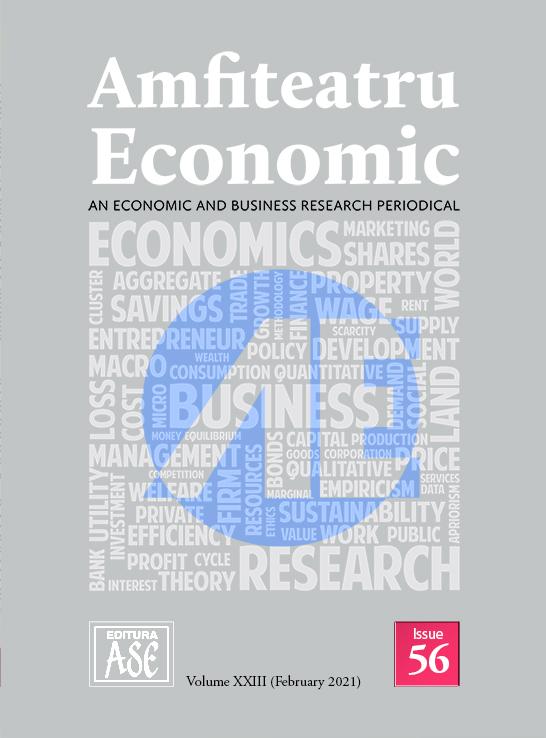Risks of Observable and Unobservable Biases in Artificial Intelligence Predicting Consumer Choice
Risks of Observable and Unobservable Biases in Artificial Intelligence Predicting Consumer Choice
Author(s): Florian Teleaba, Sorin Popescu, Marieta Olaru, Diana PiticSubject(s): Business Economy / Management
Published by: EDITURA ASE
Keywords: cognitive bias; artificial intelligence; choice prediction; consumer choice behaviour; regret aversion; extremeness aversion; regulatory focus;
Summary/Abstract: Companies are increasingly adopting Artificial Intelligence (AI) today. Recently however debates started over the risk of human cognitive biases being replicated (and scaled) by AI. Research on biases in AI predicting consumer choice is incipient and focuses on observable biases. We provide a short synthesis of cognitive biases and their potential risk of being replicated in AI-based choice prediction. We also discuss for the first time the risk of unobservable biases, which affect choice indirectly, through other biases. We exemplify this by looking at looking at three prevalent, most frequently investigated biases in consumer behaviour: extremeness aversion, regret aversion and cognitive regulatory focus (prevention- versus promotion-focus). Based on a sample of 1747 respondents, through partial least squares structural equation modelling and significance testing, we show that regret aversion (unobservable bias) significantly reduces extremeness aversion (observable bias) and mediates the influence of cognitive regulatory focus (unobservable bias).
Journal: Amfiteatru Economic
- Issue Year: 23/2021
- Issue No: 56
- Page Range: 102-119
- Page Count: 18
- Language: English

